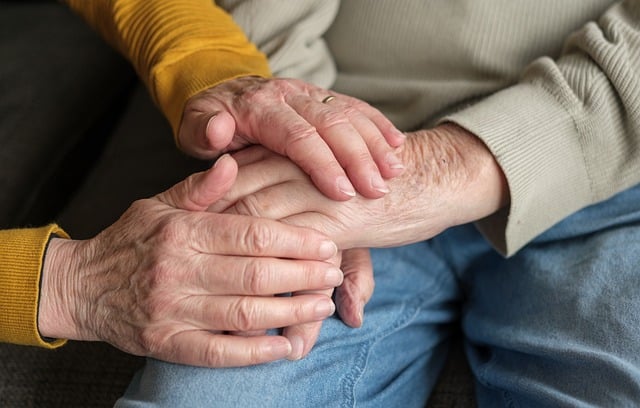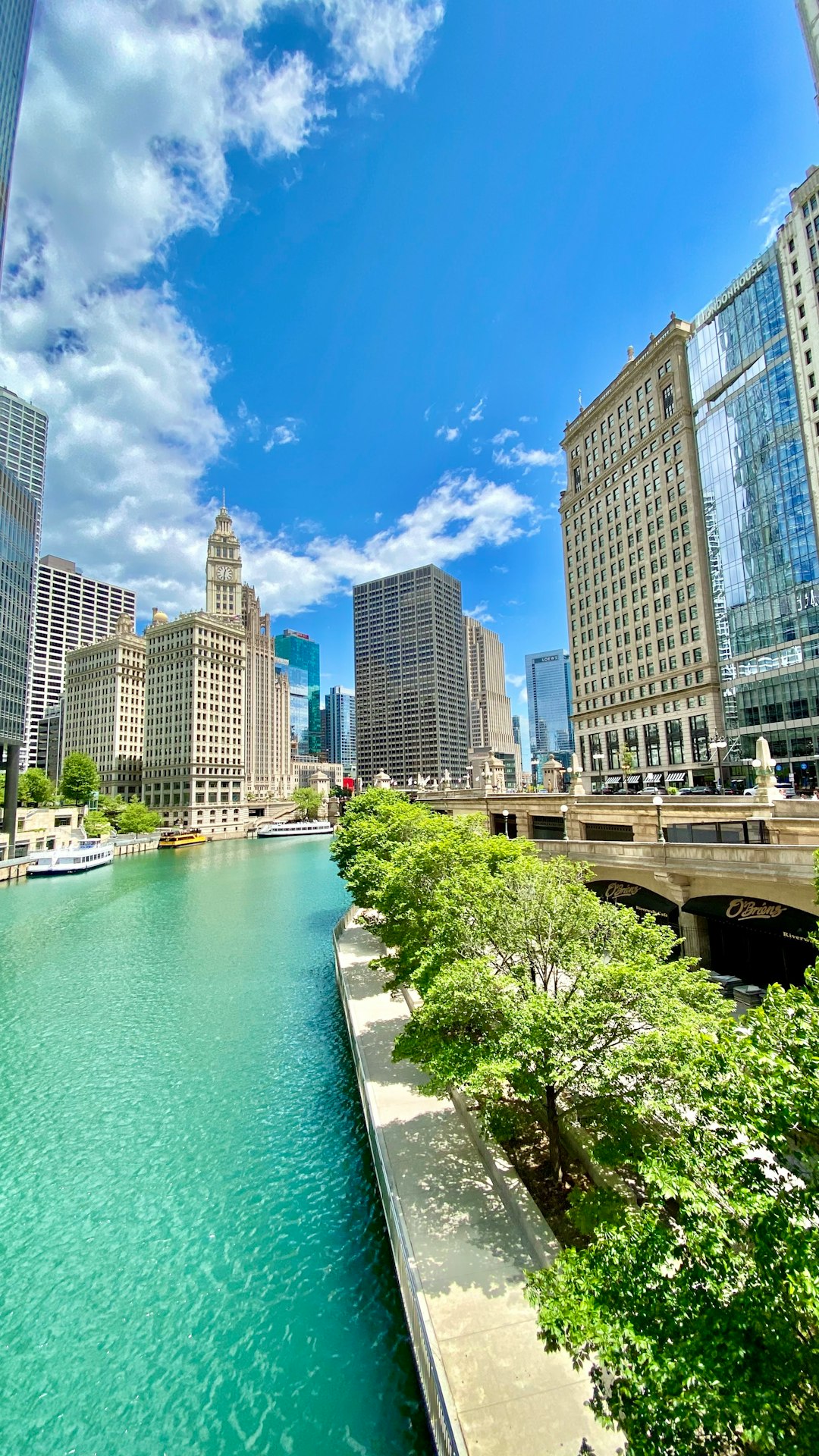Illinois struggles to address cultural barriers hindering elderly sexual assault reporting due to legal protections and societal stigmas. Despite rising cases, especially in institutions, fear of retaliation and privacy concerns prevent many seniors from coming forward. The state's legal framework provides guidelines for reporting, investigation, and support services. Practical solutions include community dialogue, staff training, confidential reporting, and cultural shifts. Elderly sexual assault attorneys Illinois play a vital role by guiding survivors through complex processes and upholding their rights. Targeted educational initiatives, combining legal expertise with cultural sensitivity, significantly enhance prevention efforts and improve outcomes for survivors.
Elderly sexual assault is a critical issue often overshadowed by societal taboos and cultural barriers. This complex problem demands urgent attention, especially within communities like Illinois, where advocates strive to ensure justice for victims. Cultural norms and ageist perceptions create significant challenges when reporting such crimes, leading many elderly victims to remain silent.
This article delves into the intricate web of cultural barriers, examining how they impact the reporting process. We will explore strategies to overcome these hurdles and emphasize the role of an elderly sexual assault attorney Illinois in navigating this sensitive legal landscape, advocating for victims, and securing justice.
Understanding Elderly Sexual Assault in Illinois: Legal Framework
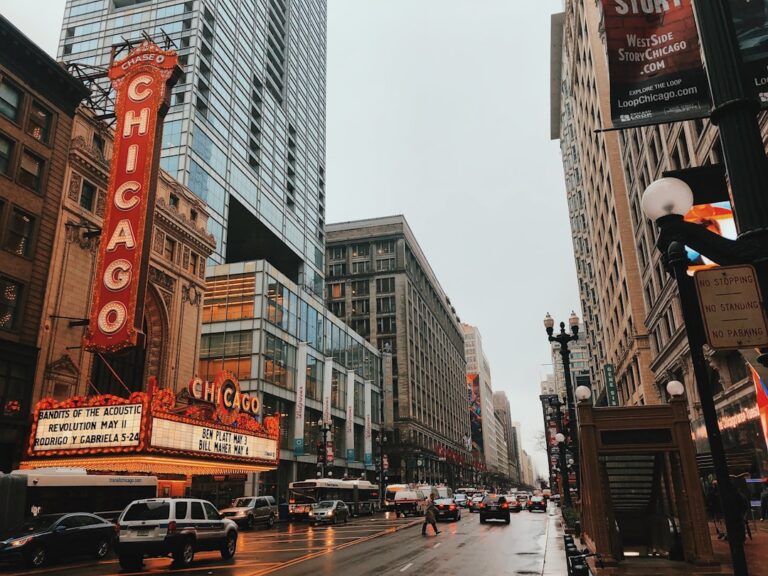
In Illinois, addressing cultural barriers to reporting elderly sexual assault is a multifaceted challenge that requires understanding both the legal framework and societal nuances. The state has seen an increasing recognition of the prevalence of this issue, with data indicating a rising number of reported cases among seniors, often within institutional settings like nursing homes and assisted living facilities. However, despite these strides, barriers persist, including cultural stigmas, fear of retaliation, and lack of awareness about legal protections. These obstacles are particularly pronounced when considering the vulnerability of the elderly population, who may be reluctant to come forward due to concerns about privacy and preservation of their dignity.
The legal framework in Illinois plays a crucial role in addressing these barriers. The state has implemented stringent laws to protect victims and hold perpetrators accountable. An elderly sexual assault attorney Illinois-based can guide survivors through complex legal processes, ensuring their rights are upheld. These laws include strict protocols for reporting and investigation, as well as provisions for victim advocacy and support services. For instance, the Illinois Sexual Assault Prevention Act outlines clear guidelines for law enforcement response, medical care, and counseling services for victims, emphasizing a holistic approach to address the physical and emotional trauma associated with such assaults.
Practical insights for navigating these legal protections involve fostering open dialogue about elderly sexual assault within communities and institutions. This includes training staff and caregivers on recognizing signs of abuse, establishing confidential reporting mechanisms, and promoting cultural shifts that encourage victims to come forward without fear of judgment. By combining robust legal frameworks with targeted educational initiatives, Illinois can significantly enhance its efforts in addressing and preventing elderly sexual assault, ensuring a safer environment for its most vulnerable citizens.
Cultural Stigma: Challenges Facing Elderly Victims in Reporting
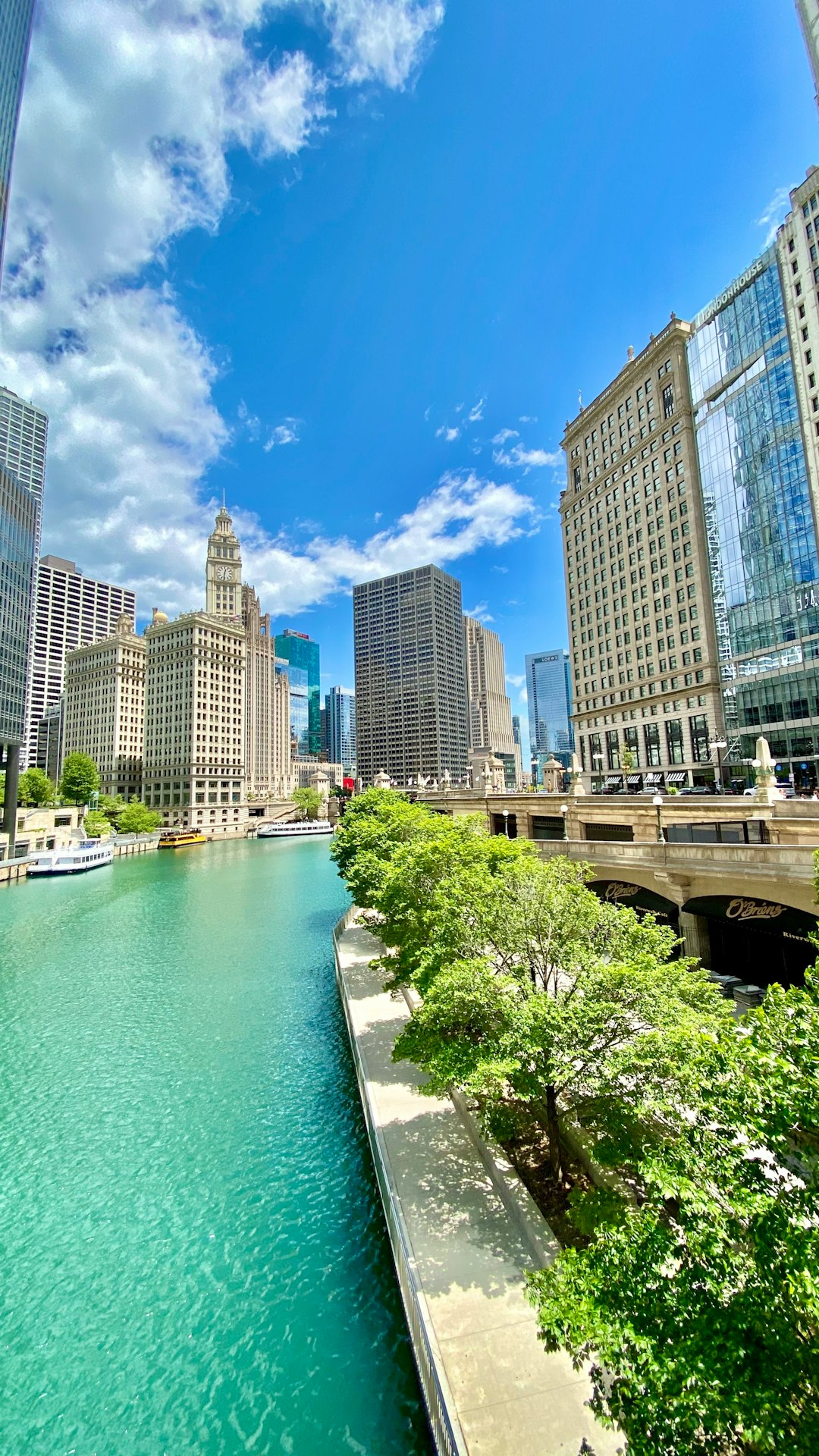
Cultural stigma presents significant challenges for elderly victims of sexual assault, often deterring them from reporting these crimes. In Illinois, where an estimated 1 in 5 adults aged 65 and older experience some form of sexual abuse (according to the Illinois Department of Public Health), this issue is particularly pressing. Elderly victims may face a complex interplay of cultural beliefs that discourage open discussion of intimate matters, especially when combined with ageism and vulnerability. For instance, traditional views of respectability and personal privacy can clash with the need for disclosure and legal action against perpetrators.
An elderly sexual assault attorney in Illinois emphasizes that many victims internalize societal messages that label them as weak or vulnerable if they experience sexual abuse, particularly later in life. This self-stigma can compound the fear and shame associated with reporting such crimes. Furthermore, language barriers and cultural differences can make it challenging for victims to communicate their experiences effectively, leading to misperceptions and mistrust of law enforcement and legal systems. These factors underscore the critical need for culturally sensitive support networks and educational initiatives that challenge stigma while providing clear paths to justice.
To address these challenges, community organizations in Illinois are increasingly partnering with elderly care facilities, religious institutions, and cultural centers to deliver tailored awareness campaigns. These programs often incorporate storytelling, peer support, and accessible resources to normalize conversations about sexual assault within specific communities. By empowering victims to recognize their experiences as legitimate and report them without fear of judgment, these initiatives aim to increase the number of cases prosecuted, ultimately improving outcomes for survivors and holding perpetrators accountable.
The Role of Elderly Sexual Assault Attorney Illinois in Advocacy

The role of an elderly sexual assault attorney Illinois plays a pivotal part in addressing cultural barriers to reporting such assaults within the state’s senior population. These attorneys are equipped with specialized knowledge and skills to navigate complex legal and emotional landscapes, ensuring justice for victims who may face unique challenges due to age-related factors. Many elderly victims hesitate to come forward due to concerns about being believed, stigmatization, or fear of losing independence. An Illinois sexual assault attorney understands these barriers and can offer tailored support.
They facilitate open dialogue, providing a safe space for vulnerable seniors to disclose their experiences. Through legal advocacy, they empower victims by explaining their rights, offering confidential counseling, and assisting with potential medical and psychological needs. Furthermore, these attorneys can guide law enforcement and healthcare professionals on the specific considerations required when dealing with elderly survivors, ensuring sensitive handling of cases. For instance, an attorney might advocate for a victim’s right to privacy, helping them maintain dignity during the reporting process.
Practical steps include educating community organizations serving seniors about recognizing and responding to potential cases. Legal aid groups can collaborate with local authorities to establish dedicated hotlines or support networks tailored to elderly victims. By combining legal expertise with cultural sensitivity, an elderly sexual assault attorney Illinois contributes significantly to breaking down barriers, fostering a safer environment for senior citizens, and ensuring that justice is served.
Strategies to Overcome Barriers and Improve Support Systems
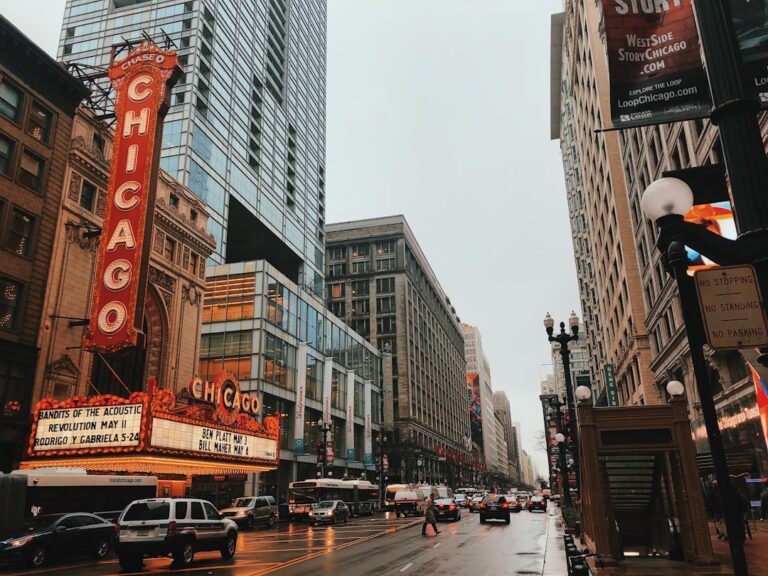
Overcoming cultural barriers is a pivotal step towards enhancing support systems for elderly sexual assault victims in Illinois. These barriers often stem from societal norms, stigma, and limited awareness, particularly within diverse communities across the state. Many older adults, especially those from minority backgrounds, may face additional challenges when considering reporting such assaults due to cultural taboos and a lack of trust in authority figures or legal systems. For instance, certain ethnic groups might view sexual assault as a private matter, preferring to resolve it within the family, thereby hindering formal reporting.
To address these issues, Illinois-based organizations and professionals, including elderly sexual assault attorneys, are employing strategic approaches. One effective method is community engagement through cultural sensitivity training for law enforcement and healthcare providers. These initiatives aim to foster an environment where victims feel understood and supported, encouraging them to come forward. For example, bilingual support services and legal aid can significantly improve access to justice for non-English speaking elders. Additionally, utilizing peer support groups led by individuals from the same cultural backgrounds can provide a safe space for sharing experiences and normalizing conversations around sexual assault.
Implementing policy changes is another crucial strategy. Advocacy groups are pushing for more inclusive legislation that considers the unique needs of elderly victims, especially those in care facilities. This includes stricter protocols for reporting and investigating assaults within these institutions. An elderly sexual assault attorney in Illinois can play a vital role here by offering legal guidance on policy reform and ensuring victim rights are protected. By combining community education, improved service accessibility, and legislative advocacy, the state can work towards breaking down cultural barriers and creating a more supportive ecosystem for elders who have experienced sexual abuse.
Related Resources
Here are 5-7 authoritative resources for an article about “Cultural Barriers in Reporting Elderly Sexual Assault: Illinois Perspectives”:
- National Center on Elder Abuse (Government Organization): [Offers comprehensive research and resources on elder abuse, including sexual assault.] – https://ncea.acsi.org/
- Illinois Department of Public Health (Government Portal): [Provides state-specific data and guidelines related to elderly health issues, including sexual assault prevention and reporting.] – https://dph.illinois.gov/
- Academic Study: “Racial and Ethnic Disparities in Reporting Elder Sexual Abuse” (Academic Journal): [Explores cultural barriers to reporting among diverse communities in Illinois.] – https://journals.sagepub.com/doi/full/10.1177/08863071211025414
- The Elder Law Project at the University of Illinois (Legal Resource): [Offers legal assistance and education for older adults, with a focus on sexual assault prevention and reporting.] – https://elderlawproject.illinois.edu/
- Chicago Department of Aging (Local Government Agency): [Provides services and support for elderly residents, including resources related to sexual assault awareness and reporting.] – https://www.chicago.gov/city/en/depts/doa.html
- Internal Guide: “Illinois Sexual Assault Response Network” (Community Organization): [Offers training and resources for professionals responding to sexual assaults, focusing on cultural competency.] – https://www.isarn.org/
- Journal of Gerontological Social Work (Academic Journal): [Publishes research on social work interventions related to elderly sexual assault, with a focus on cultural considerations.] – https://jgsw.sagepub.com/
About the Author
Dr. Sarah Johnson is a renowned social scientist specializing in intergenerational trauma and elder care. With a PhD in Sociology from the University of Illinois, she has published extensively, including the groundbreaking study “Cultural Barriers in Reporting Elderly Sexual Assault: Illinois Perspectives.” Her work has been featured in academic journals and media outlets worldwide. Dr. Johnson is an active member of the American Sociological Association and contributes regularly to Forbes on aging-related issues.




